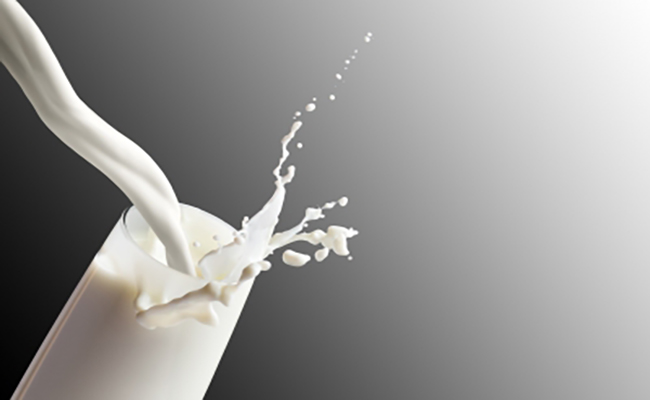Is Your Calcium Supplement Increasing Your Heart Attack Risk?
 Milk is good for the bones – right? Because milk is a good source of calcium and calcium promotes bone strength. Which means you may think a calcium supplement is an even better way to protect your bones – right?
Milk is good for the bones – right? Because milk is a good source of calcium and calcium promotes bone strength. Which means you may think a calcium supplement is an even better way to protect your bones – right?
A new report in the journal Heart, has determined calcium supplements are putting people at greater risk for heart attacks.
Researchers followed 23,980 individuals ranging in age from 35 to 64 years-old over an 11 year period. They saw an 86% increased risk of heart attack for those regularly supplementing calcium. Participants supplementing calcium only were twice as likely to have a heart attack compared to those not taking any vitamin supplements.
Continue reading
How to Use Calcium to Lower Blood Pressure

The link between calcium and blood pressure was noticed years ago when researchers realized people drinking hard water had less high blood pressure than those drinking soft water. Hard water contains more minerals, including calcium.
Individuals receiving more than 800 mg of calcium daily have a 23 percent decreased risk of high blood pressure versus those consuming less than 400 mg of calcium per day.
Back in 1996, scientists compiled all the research to date on calcium and high blood pressure. The results showed calcium supplements given to individuals with high blood pressure lowered systolic blood pressure (top number) an average of 4.3 mm Hg and diastolic blood pressure (bottom number) 1.5 mm Hg.
Some people respond better to supplemental calcium than others. Those with the best results include African-Americans, elderly, pregnant women, menopausal women, people with salt-sensitivity, individuals with a high sodium intake, and those with Type II diabetes.
For the best results, don’t rely on a supplement alone. Work to increase your intake of calcium containing foods – dairy. To promote heart health, select low fat dairy products, such as low fat milk, cheeses, and yogurts.
Additional calcium sources:
Leafy greens (i.e. kale, collard, turnip, mustard greens)
Broccoli
Sardines
Canned Salmon
Calcium fortified Orange Juice
Tofu (if made with calcium carbonate)
For even better results, supplement calcium along with vitamin D. One study supplemented women 1200 mg of calcium to reduce blood pressure. When they added 800 IU of vitamin D, systolic blood pressure decreased an average of 9.3 percent.
Don’t forget three other minerals affect how effective calcium – potassium, magnesium, and sodium. For calcium to have the greatest positive effect on blood pressure, your levels of these three nutrients need to be adequate as well.
For additional steps to lower blood pressure, check out the free e-course 7 Naturals Ways to Lower Blood Pressure.
All the best,
Lisa Nelson RD
Image courtesy of alex_ugalek at freedigitalphotos.net



